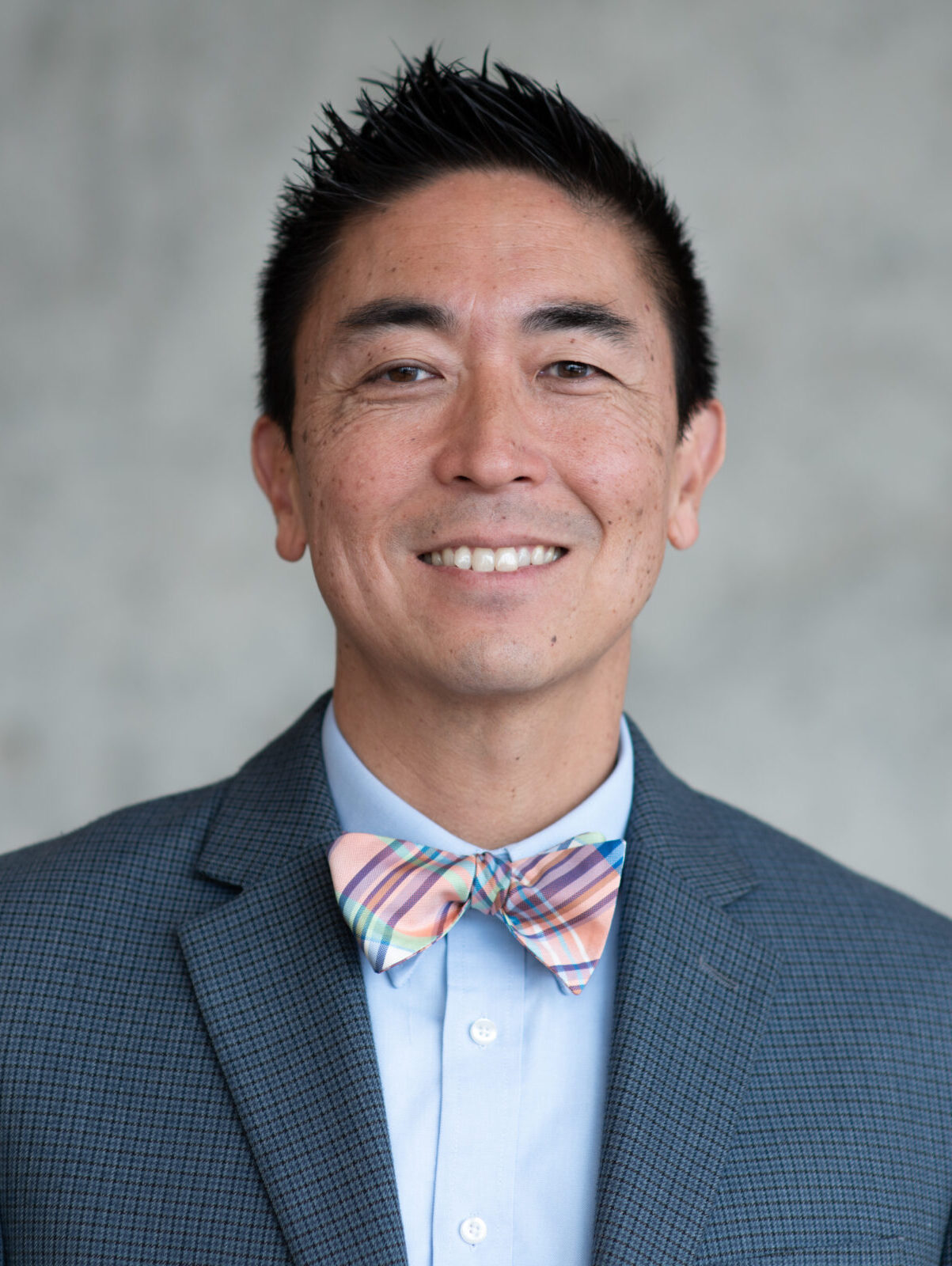Cho Laboratory
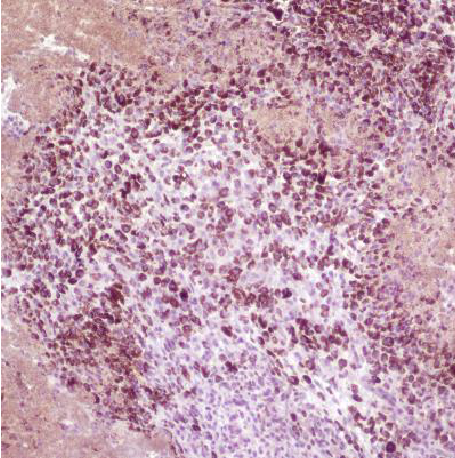 Translational Cancer Immunology
Translational Cancer Immunology
The Cho Lab explores ways to improve cancer-fighting immunotherapies with a focus on translating discoveries into the clinic.
Immunotherapies work by helping the immune system identify and attack cancer cells. In recent years, these breakthrough treatments have saved countless lives and given new hope to people with once untreatable cancers.
Despite immense progress, not all cancers respond to immunotherapy. Some cancers — including those in the pancreas, liver, bile ducts and GI tract — remain resistant. The Cho Lab investigates why these cancers are less susceptible to immunotherapies and seeks ways to make them more effective.
One such strategy is called histotripsy. This powerful approach uses ultrasound to disrupt tumors and elicit an immune response, which helps the body recognize and fight cancer cells. Studies by Dr. Cho and colleagues led to U.S. Food and Drug Administration approval of histotripsy for use as a cancer treatment.
As chief medical Officer of University of Michigan Health-West and a professor at Van Andel Institute and University of Michigan, Dr. Cho continues to pursue translation of discoveries from the lab into the clinic. His current investigative focus is to understand and optimally harness the immunostimulatory effects that histotripsy has within the tumor microenvironment.
News & Publications
Learn More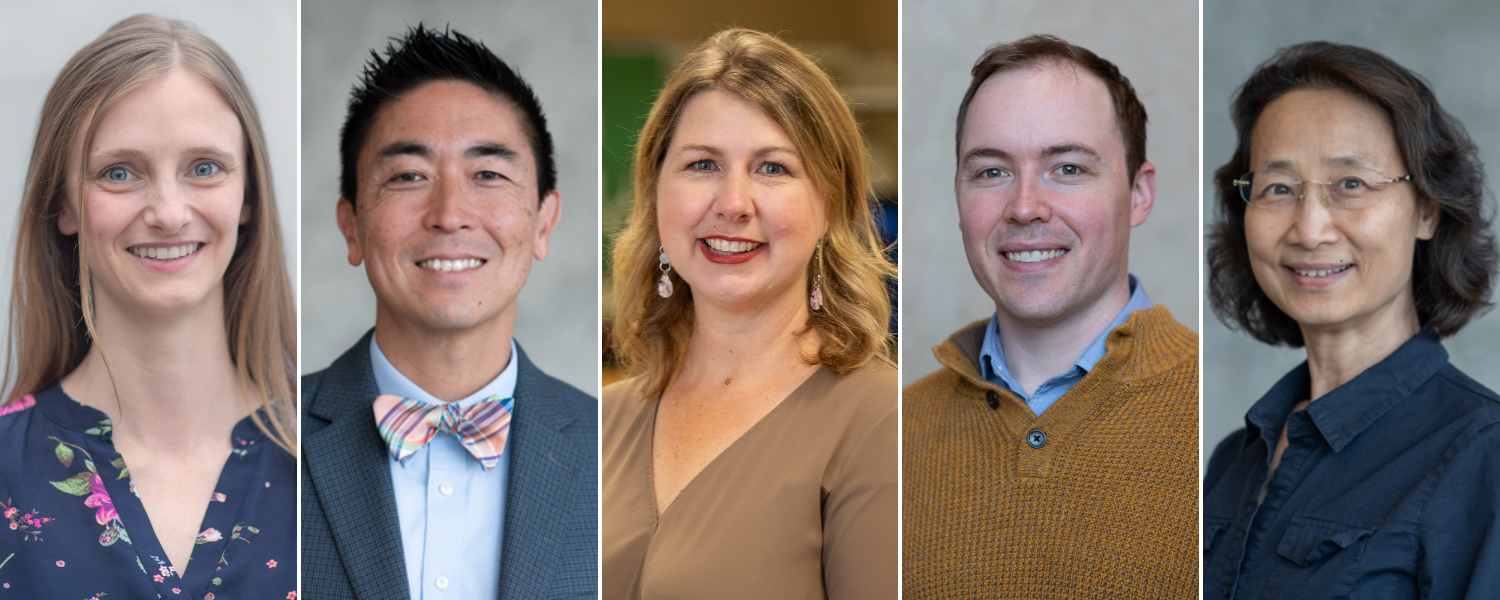
Van Andel Institute announces 2025 Public Lecture Series
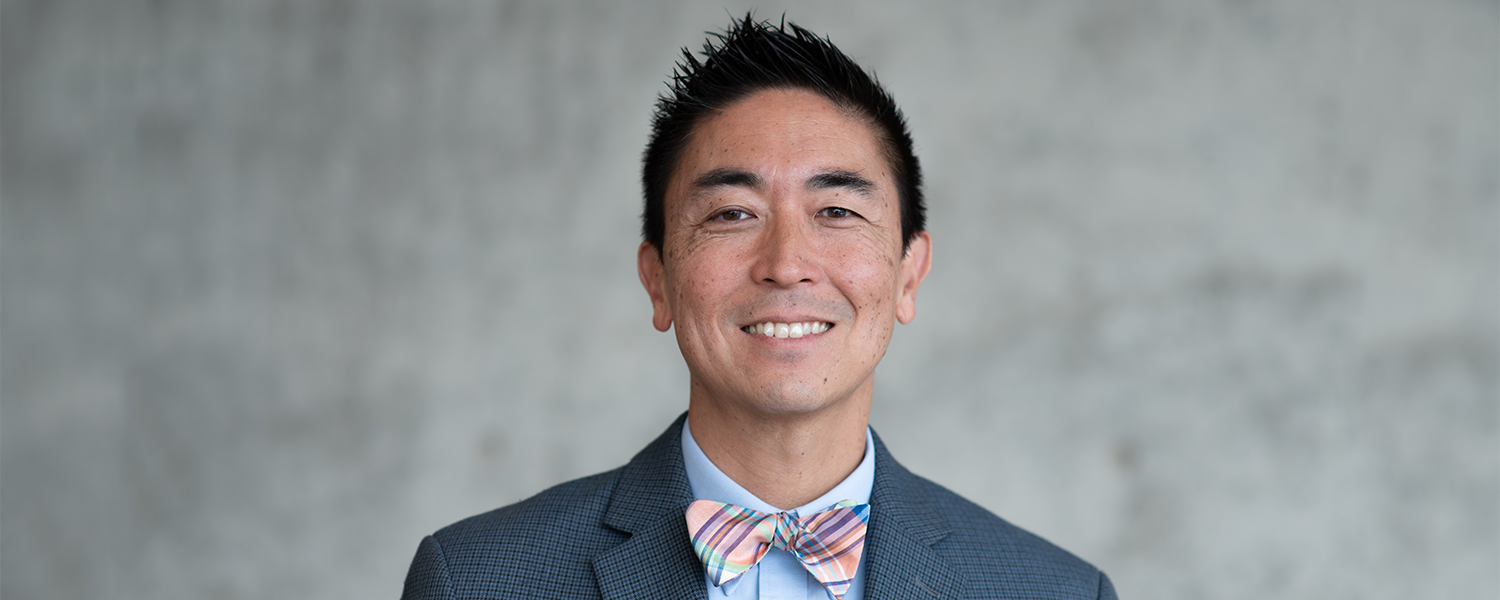
Physician-scientist and cancer immunotherapy expert Dr. Clifford Cho joins Van Andel Institute
Mendiratta-Lala M … Cho CS, Littler P, Wah TM, Solbiati L, Ziemlewicz TJ. 2024. The #HOPE4LIVER single-arm pivotal trial for histotripsy of primary and metastatic liver tumors. Radiology 312(3):e233051.
Xu Z, Khokhlova TD, Cho CS, Khokhlova VA. 2024. Histotripsy: A method for mechanical tissue ablation with ultrasound. Annu Rev Biomed Eng 26(1):141–167.
Worlikar T, Hall T, Zhang M, Mendiratta-Lala M, Green M, Cho CS, Xu Z. 2023. Insights from in vivo preclinical cancer studies with histotripsy. Int J Hyperthermia 41(1):2297650.
Our Impact
We’re raising thousands to save millions.
We’re turning hope into action for the millions of people around the world affected by diseases like cancer and Parkinson’s. Find out how you can help us make a difference.
- 122 peer-reviewed papers published in 2024, 63 of which were in high-impact journals
- 15 VAI-SU2C Epigenetics Dream Team clinical trials launched to date
- 10 clinical trials co-funded by VAI & Cure Parkinson's (out of 41 total International Linked Clinical Trials Program trials)
Clifford Cho, M.D.
Professor, Department of Cell Biology
Areas of Expertise
Cancer, clinical translation, histotripsy, immunology, immunotherapy, tumor microenvironment
Biography
Clifford S. Cho, M.D., is a cancer surgeon and scientist who studies the immune effects of focused ultrasound tumor treatment.
He holds appointments as chief medical officer of University of Michigan Health-West, professor in the Department of Cell Biology at Van Andel Institute and professor of surgery at the University of Michigan. Dr. Cho is an Honors graduate of Brown University and Alpha Omega Alpha graduate of Vanderbilt University School of Medicine. He completed his surgical residency training at University of Wisconsin, where he served as administrative chief resident. While there, he also completed a postdoctoral research fellowship in transplantation immunology. He conducted his surgical oncology fellowship training at Memorial Sloan-Kettering Cancer Center, where he served as administrative chief fellow and received the Kristen Ann Carr Fellowship.
He was subsequently appointed as a faculty member at University of Wisconsin School of Medicine and Public Health. He was later appointed chief of the Division of Surgical Oncology, promoted to associate professor (with tenure), and named the inaugural
Ronald and Patricia Kissinger Professor of Surgical Oncology. In 2016, the University of Michigan recruited him as the C. Gardner Child Professor of Surgery. He also served as chief of the Division of Hepatopancreatobiliary and Advanced Gastrointestinal Surgery, vice chair of Surgical Oncology, and executive director of the Cancer Network of West Michigan. In 2024, he was named chief medical officer of University of Michigan Health-West and appointed as a professor in Van Andel Institute’s Department of Cell Biology.
Dr. Cho’s clinical practice focuses on surgical and multidisciplinary management of liver and pancreatic cancer. He has been actively involved in the clinical development of histotripsy, a novel type of non-invasive cancer therapy that uses focused ultrasound to disrupt tumors. He recently served as co-principal investigator of the Hope4Liver national multicenter clinical trial, which demonstrated the safety and efficacy of histotripsy liver tumor treatment and led to FDA approval of histotripsy.
Dr. Cho is principal investigator of a National Cancer Institute-funded research laboratory that discovered the immunostimulatory effects of histotripsy and explores the effects of histotripsy treatment on the tumor microenvironment. As a professor at VAI, he aims to create a multi-institutional translational research center that explores and harnesses the unique immunotherapeutic implications of histotripsy.
Selected Publications
For a full list of Dr. Cho’s publications, please visit his PubMed bibliography ➔
2025
Queen H, Ferris SF, Cho CS, Ganguly A. 2025. The emerging role of histotripsy in liver cancer treatment: a scoping review. Cancers 17 (6):915.
Song B, Queen H, Ferris SF, McGinnis R, Karanam C, Gatteno N, Buglak K, Kim H, Xu J, Goughenhour KD, Xu Z, Olszewski MA, Cho CS, Ganguly A. 2025. Histotripsy-focused ultrasound treatment abrogates tumor hypoxia responses and stimulates anti-tumor immune responses in melanoma. Mol Cancer Ther.
2024
Queen H, Cho CS. 2024. How could histotripsy change cancer immunotherapy? Immunotherapy 17(1):1-3.
Mendiratta-Lala M, Wiggermann P, Pech M, Serres-Créixams X, White SB, Davis C, Ahmed O, Parikh ND, Planert M, Thormann M, Xu Z, Collins Z, Narayanan G, Torzilli G, Cho CS, Littler P, Wah TM, Solbiati L, Ziemlewicz TJ. 2024. The #HOPE4LIVER single-arm pivotal trial for histotripsy of primary and metastatic liver tumors. Radiology 312(3):e233051.
Xu Z, Khokhlova TD, Cho CS, Khokhlova VA. 2024. Histotripsy: A method for mechanical tissue ablation with ultrasound. Annu Rev Biomed Eng 26(1):141–167.
2023
Worlikar T, Hall T, Zhang M, Mendiratta-Lala M, Green M, Cho CS, Xu Z. 2023. Insights from in vivo preclinical cancer studies with histotripsy. Int J Hyperthermia 41(1):2297650.
Imran KM, Ganguly A, Paul T, Powar M, Vlaisavljevich E, Cho CS, Allen IC. 2023. Magic bubbles: utilizing histotripsy to modulate the tumor microenvironment and improve the systemic anti-tumor immune responses. Int J Hyperthermia 40(1):2244206.
Pepple AL, Guy JL, McGinnis R, Felsted AE, Song B, Hubbard R, Worlikar T, Garavaglia H, Dib J, Chao H, Boyle N, Olszewski M, Xu Z, Ganguly A, Cho CS. 2023. Spatiotemporal local and abscopal cell death and immune responses to histotripsy focused ultrasound tumor ablation. Front Immunol 14:10112799.
2022
Cho CS. 2022. Multifocal intrahepatic cholangiocarcinoma and operative management of inoperable disease. JAMA Surg 157(7):597.
Worlikar T, Zhang M, Ganguly A, Hall TL, Shi J, Zhao L, Lee FT, Mendiratta-Lala M, Cho CS, Xu Z. 2022. Impact of histotripsy on development of intrahepatic metastases in a rodent liver tumor model. Cancer (Basel) 14(7):1612.
Smithson M, Irwin RK, Williams G, Chandler McLeod M, Choi EK, Ganguly A, Pepple A, Cho CS, Willey CD, Leopold J, Hardiman KM. 2022. Inhibition of DNA-PK may improve response to neoadjuvant chemoradiotherapy in rectal cancer. Neoplasia 25:53–61.
2021
Xu J, Ganguly A, Zhao J, Ivey M, Lopez R, Osterholzer JJ, Cho CS, Olszewski MA. 2021. CCR2 signaling promotes brain infiltration of inflammatory monocytes and contributes to neuropathology during cryptococcal meningoencephalitis. mBio 12(4):e010761.
Cho CS. 2021. Lymph node staging as haruspication. Ann Surg Oncol 28:8008–8010.
2020
Worlikar T, Mendiratta-Lala M, Vlaisavljevich E, Hubbard R, Shi J, Hall TL, Cho CS, Lee FT, Xu Z. 2020. Effects of histotripsy on local tumor progression in an in vivo orthotopic rodent liver tumor model. BME Front 9830304.
Steele NG, Carpenter DS, Kemp SB, Sirihorachai VR, The S, Delrosario L, Lazarus J, David Amir E-A, Gunchick V, Espinoza C, Bell S, Harris L, Lima F, Irizarry-Negron V, Paglia D, Macchia J, Ka Yan Chu A, Schofield H, Wamsteker E-J, Kown R, Schulman A, Prabhu A, Law R, Sondhi A, Yu J, Patel A, Donahue K, Nathan H, Cho CS, Anderson MA, Sahai V, Lyssiotis CA, Zou W, Allen BL, Rao A, Crawford HC, Bednar F, Frankel TL, Pasca di Magliano M. 2020. Multimodal mapping of the tumor and peripheral blood immune landscape in human pancreatic cancer. Nat Cancer 1(11):1097–1112.
Qu S, Worlikar T, Felsted AM, Ganguly A, Beems MV, Hubbard R, Pepple AL, Kevelin AA, Garavaglia H, Dib J, Toma M, Huang H, Tsung A, Xu Z, Cho CS. 2020. Non-thermal histotripsy tumor ablation promotes abscopal immune responses that enhance cancer immunotherapy. J Immunother Cancer 8(1):e000200.
2019
Cho CS. 2019. Radiomics: A well-intentioned leap of faith. Ann Surg Oncol 26:4178–4179.
2018
Contreras A, Beems MV, Tatar AJ, Sen S, Srinand P, Suresh M, Luther TK, Cho CS. 2018. Co-transfer of tumor-specific effector and memory CD8+ T cells enhances the efficacy of adoptive melanoma immunotherapy in a mouse model. J Immunother Cancer 6(1):41.
2016
Contreras A, Sen S, Tatar AJ, Mahvi DA, Meyers JV, Srinand P, Suresh M, Cho CS. 2016. Enhanced local and systemic anti-melanoma CD8+ T cell responses after memory T cell-based adoptive immunotherapy in mice. Cancer Immunol Immunother 65(5):601–611.
2015
Mahvi DA, Meyers JV, Tatar AJ, Contreras A, Suresh M, Leverson GE, Sen S, Cho CS. 2015. Ctla-4 blockade plus adoptive T-cell transfer promotes optimal melanoma immunity in mice. J Immunother 38(2):54–61.
2013
Wentworth L, Meyers JV, Alam S, Russ AJ, Suresh M, Cho CS. 2013. Memory T cells are uniquely resistant to melanoma-induced suppression. Cancer Immunol Immunother 61(1):149–159.
2011
Russ AJ, Wentworth L, Xu K, Rakhmilevich A, Seroogy CM, Sondel PM, Suresh M, Cho CS. 2011. Suppression of T-cell expansion by melanoma is exerted on resting cells. Ann Surg Oncol 18(13):384 –3857.
Russ AJ, Xu K, Wentworth L, Alam S, Meyers JV, Macklin MD, Rakhmilevich AL, Rajamanickam V, Suresh M, Cho CS. 2011. Melanoma-induced suppression of tumor antigen-specific T cell expansion is comparable to suppression of global T cell expansion. Cell Immunol 271(1):104–109.
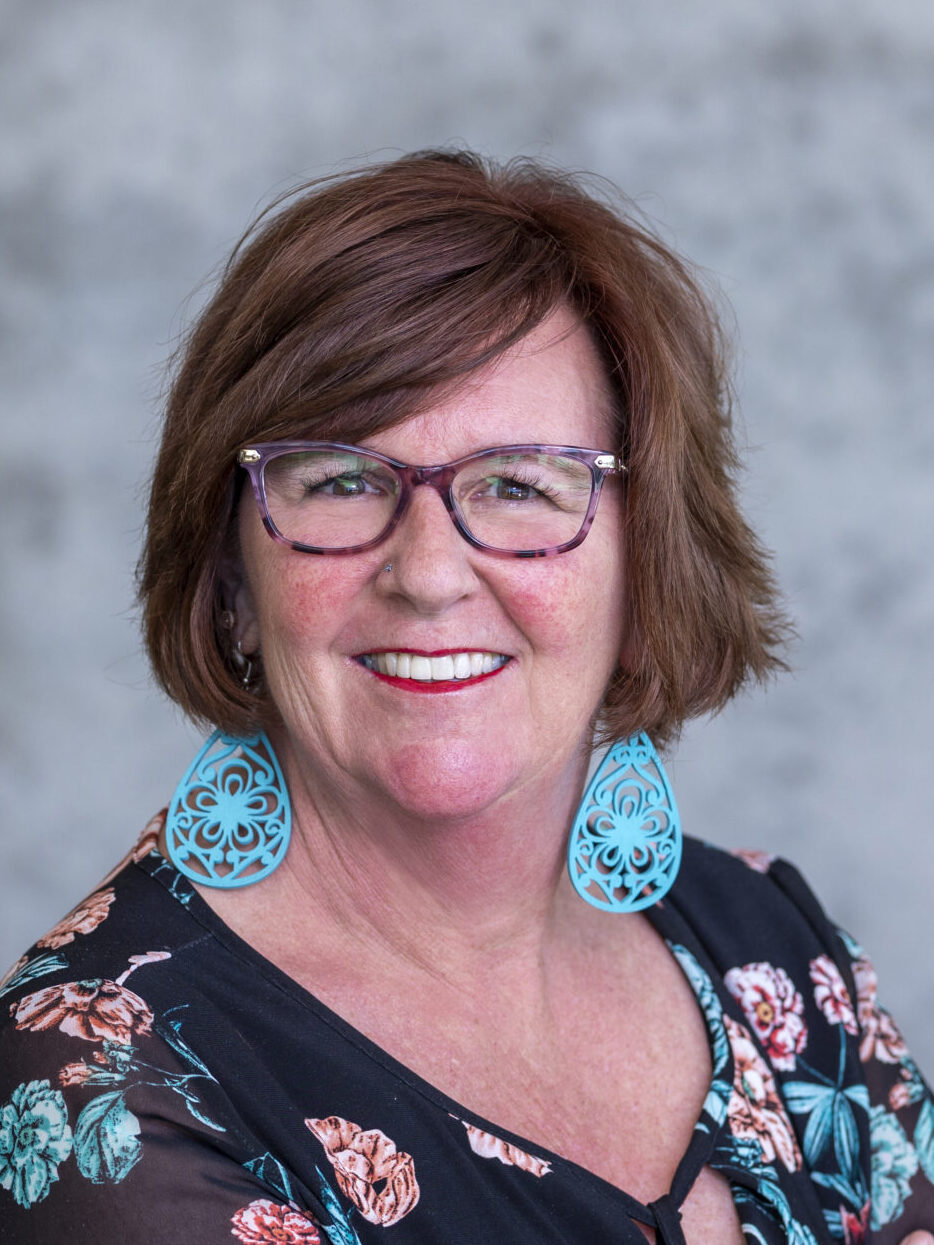
Jennifer Brooks
Senior Administrative Assistant I, Department of Epigenetics
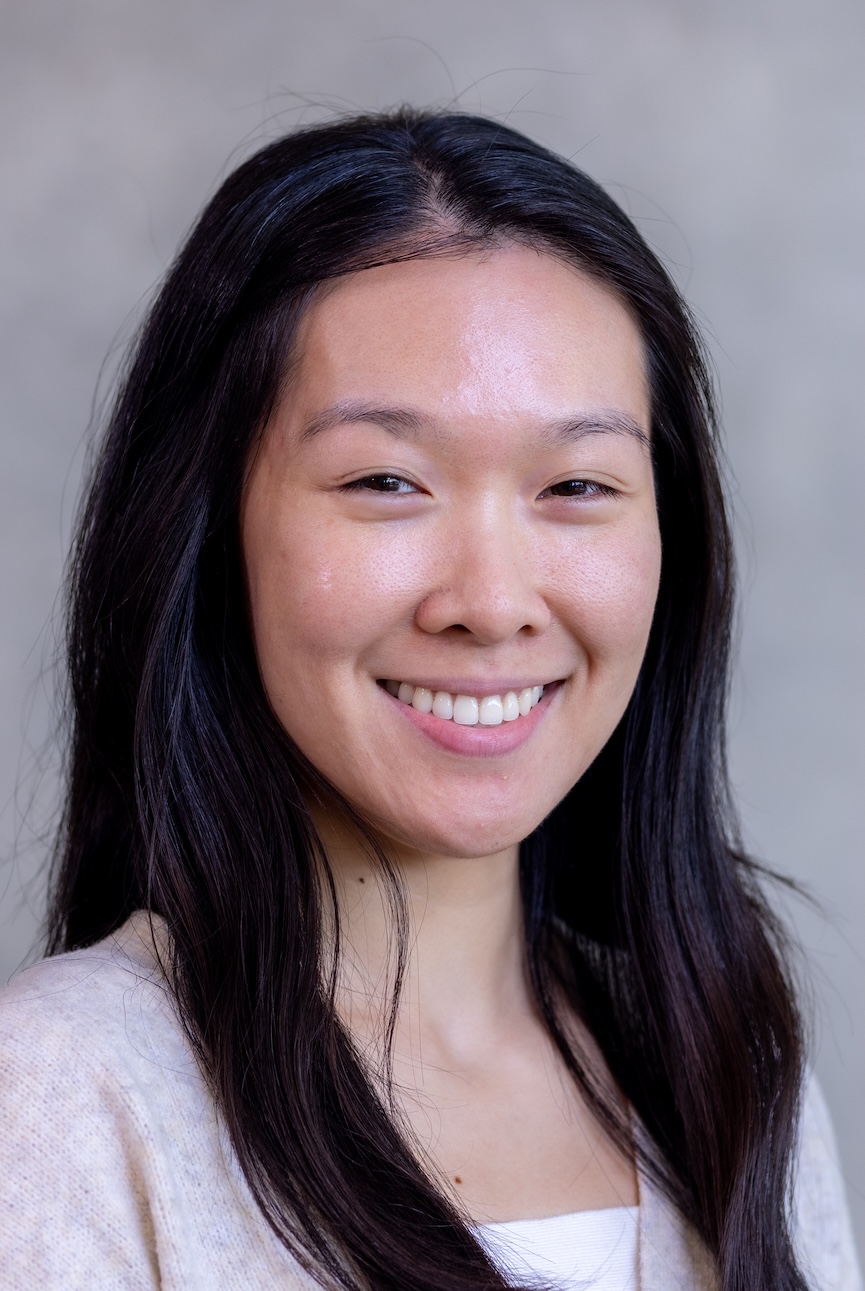
Jiayu Liu
Research Technician, Department of Cell Biology

